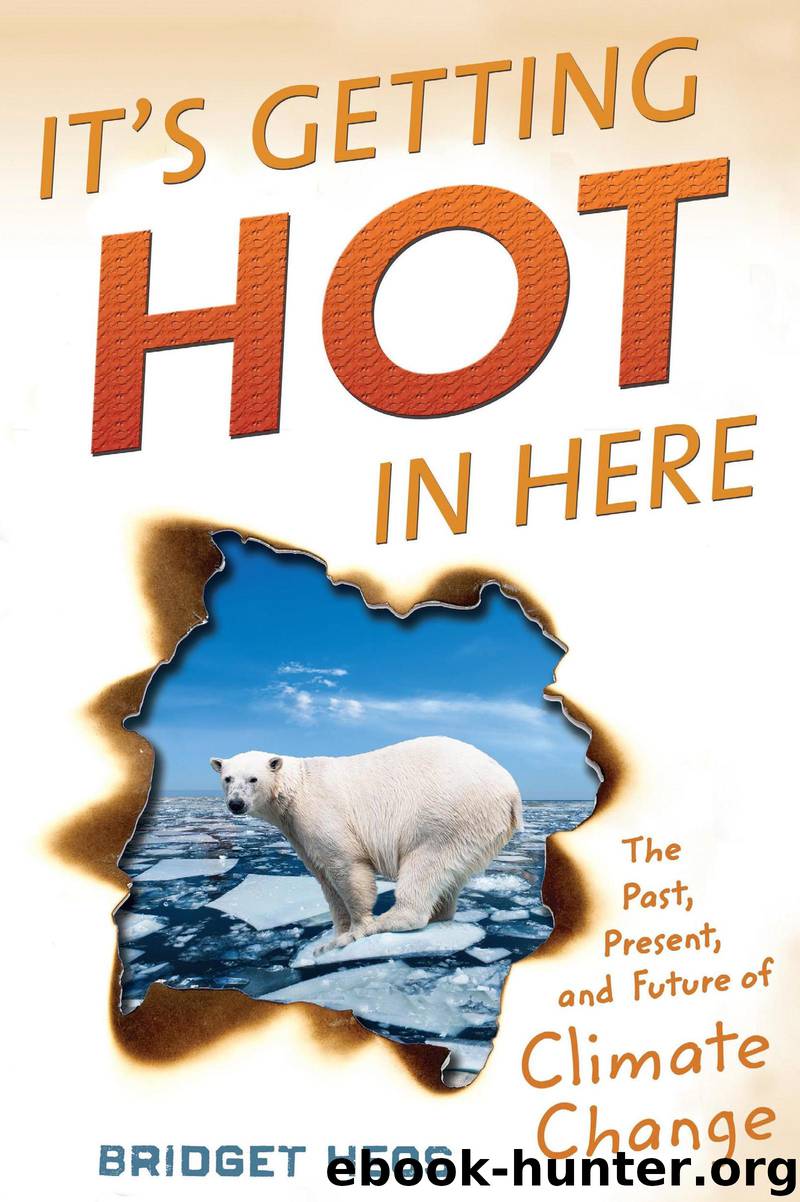It's Getting Hot in Here by Bridget Heos

Author:Bridget Heos
Language: eng
Format: epub
Publisher: Houghton Mifflin Harcourt
DROUGHT
The 2013 IPCC report states that in general, wet climates will become wetter, and dry climates, drier. That means that the Mediterranean, south and northwest Africa, and the southwest United States will likely endure droughts. Africa will be hit hard, as one-third of the population lives in drought-prone areas. History shows that drought can lead not only to famine, but also to war.
In Overheated: The Human Cost of Climate Change, Andrew Guzman describes how the genocide in Sudan was sparked by a drought that may have been the result of global warming. Arab herdsmen had been allowed by non-Arabs known as the Fur to use their wells and a portion of their crops to feed and water the herdsmen’s animals. But decreased rainfall in Darfur (a region of Sudan) beginning in the early 1980s made water scarce on these farms. Feeling that they had no water or crops to spare, the Fur fenced off their lands and didn’t allow the nomads in. Violence broke out. The mostly Arab government sided with Arab groups, which in turn caused the farmers to rebel in 2003. The rebellion was quashed violently: two hundred thousand of the Fur were killed by the Sudanese government. Millions were displaced, and many continue to live in refugee camps.
Food and water shortages are a recipe for disaster. With global warming, food shortages would occur first in dry regions and the tropics, where food productivity will decrease if the local temperature rises just 1.8–3.6 degrees F (1 or 2 degrees C).22 Elsewhere, food production will increase with a small amount of warming. But after the world is 2.7–6.3 degrees F (1.5–3.5 degrees C) warmer than it was in the late nineteenth century, food production will decrease worldwide. Canada and Russia may enjoy longer growing seasons, and fertile land may open up in the Arctic as the glaciers melt. But food production in the north will not make up for the agricultural woes happening elsewhere. And while it may seem that excess carbon dioxide would be a boon to plants, scientists believe the atmospheric change will favor leafy, weed-like vines over food crops.
Download
This site does not store any files on its server. We only index and link to content provided by other sites. Please contact the content providers to delete copyright contents if any and email us, we'll remove relevant links or contents immediately.
What Are the 7 Wonders of the Natural World? by Amy Graham(217)
Black Gold by Albert Marrin(207)
